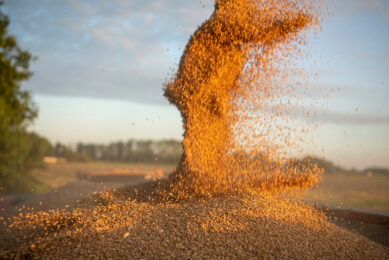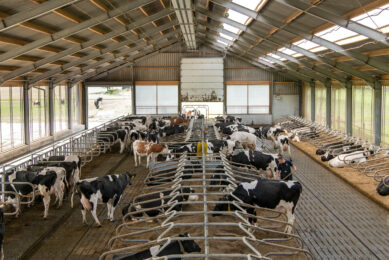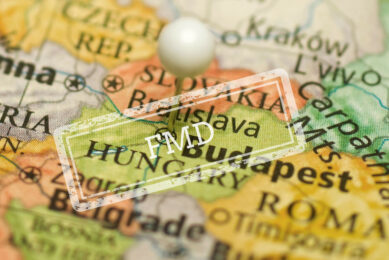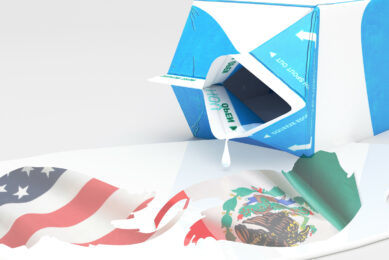Russian boycott has its price

A wise man told me once that a really effective boycott will not only hurt the third party, it will hurt yourself as well. That is exactly what is happening at the moment.
Europe, the US and some other nations froze Russian bank accounts and said not to export certain essential knowledge and hardware for the oil industry. In return the Russians denied fresh produce and dairy to be exported to them. As we all know, that comes at a price. The disturbed supply and demand balance of fruit and vegetables, meat and dairy put a strong downward pressure on the prices.
In Russia the embargo is hurting almost all, companies and financial institutions are hit and the man on the street has limited options while shopping for day to day food, or has to pay more. How different is the situation in ‘The West’. Here the boycott is hurting just a few, most of them farmers and vegetable producers. The question is; is this fair?
A boycott is in essence a politically motivated pressure tool, meant to ‘hurt’ everyone. But it’s the farmers that are hurt the most and that is not fair. It’s our democracy, our society that is responsible for the boycott and its fall out. Therefore it is more than reasonable that society as a whole takes it responsibility. Supporting them, getting funds flowing in their direction to dampen the effects of the boycott is in its place. All farmers want to be competitive on a free and unrestricted global market, but when it is the politicians/the society that restrict business, it falls on their shoulders to alleviate some of the farmers pain. That is the price of a boycott.
Join 13,000+ subscribers
Subscribe to our newsletter to stay updated about all the need-to-know content in the dairy sector, two times a week.










